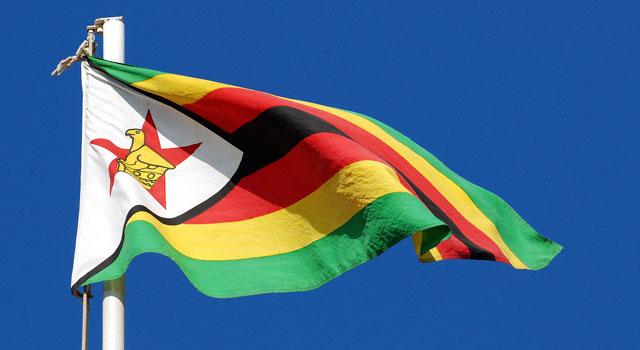News / National
Clear priorities set for Zimbabwe
24 May 2017 at 14:49hrs |
322 Views

Last week the Zimbabwe Council of Churches and its 26 member churches took another step forward towards a united fellowship by agreeing on a clear set of priorities. Five areas of special importance for the process of nation building have been identified and were discussed with church leaders during a solidarity visit led by the World Council of Churches (WCC) general secretary Rev. Dr Olav Fykse Tveit last week.
"The ecumenical support and the solidarity shown with our people encourages us in our efforts to build a peaceful and prosperous society", said Rev. Dr Kenneth Mtata, general secretary of the Zimbabwe Council of Churches.
The first priority concerns the role of the church in the public space and the understanding of public theology.
"We need to rethink our public role and to create a learning space, not only for ourselves but also for other countries that are preoccupied with this issue," Mtata points out.
The second priority is the upcoming election next year, where the Zimbabwe Council of Churches seeks support from other member churches to constitute a global ecumenical election observation team, with support from the WCC.
Thirdly, a long-term and sustained influence in the process of nation building must be achieved.
"We need a broader national dialogue involving not only churches, business communities and civil society, but also political parties. This requires global support and encouragement as we seek to make a meaningful contribution", Mtata continues.
The fourth priority, which emerges from the broader dialogue, is finding a meaningful solution to current economic challenges.
"We must find ways to contribute to an economic recovery process, where our natural resources bring prosperity to our people, and where a new moral thinking about the economy works against processes that leads to corruption and other misuse of public funds".
Finally, the organizational sustainability of the Zimbabwe Council of Churches itself, is a key issue through the whole process of nation building, according to Mtata:
"We need to ensure that the organization is properly resourced, both in terms of human and financial resources, in order for us to deliver", he concludes.
"The ecumenical support and the solidarity shown with our people encourages us in our efforts to build a peaceful and prosperous society", said Rev. Dr Kenneth Mtata, general secretary of the Zimbabwe Council of Churches.
The first priority concerns the role of the church in the public space and the understanding of public theology.
"We need to rethink our public role and to create a learning space, not only for ourselves but also for other countries that are preoccupied with this issue," Mtata points out.
The second priority is the upcoming election next year, where the Zimbabwe Council of Churches seeks support from other member churches to constitute a global ecumenical election observation team, with support from the WCC.
Thirdly, a long-term and sustained influence in the process of nation building must be achieved.
"We need a broader national dialogue involving not only churches, business communities and civil society, but also political parties. This requires global support and encouragement as we seek to make a meaningful contribution", Mtata continues.
The fourth priority, which emerges from the broader dialogue, is finding a meaningful solution to current economic challenges.
"We must find ways to contribute to an economic recovery process, where our natural resources bring prosperity to our people, and where a new moral thinking about the economy works against processes that leads to corruption and other misuse of public funds".
Finally, the organizational sustainability of the Zimbabwe Council of Churches itself, is a key issue through the whole process of nation building, according to Mtata:
"We need to ensure that the organization is properly resourced, both in terms of human and financial resources, in order for us to deliver", he concludes.
Source - Distributed by APO on behalf of World Council of Churches (WCC).
Join the discussion
Loading comments…





























